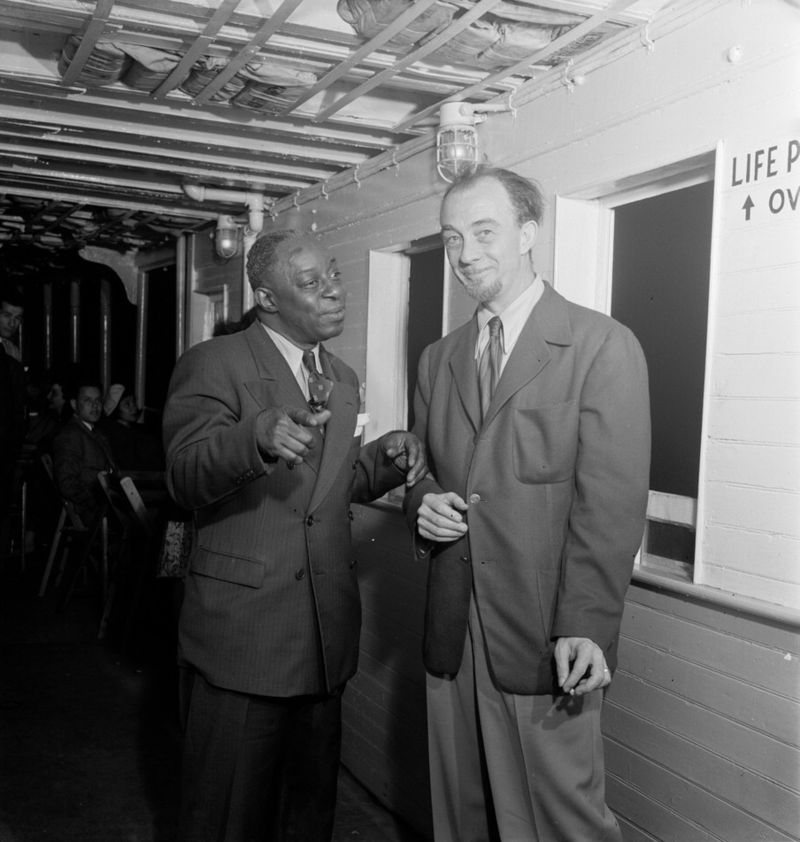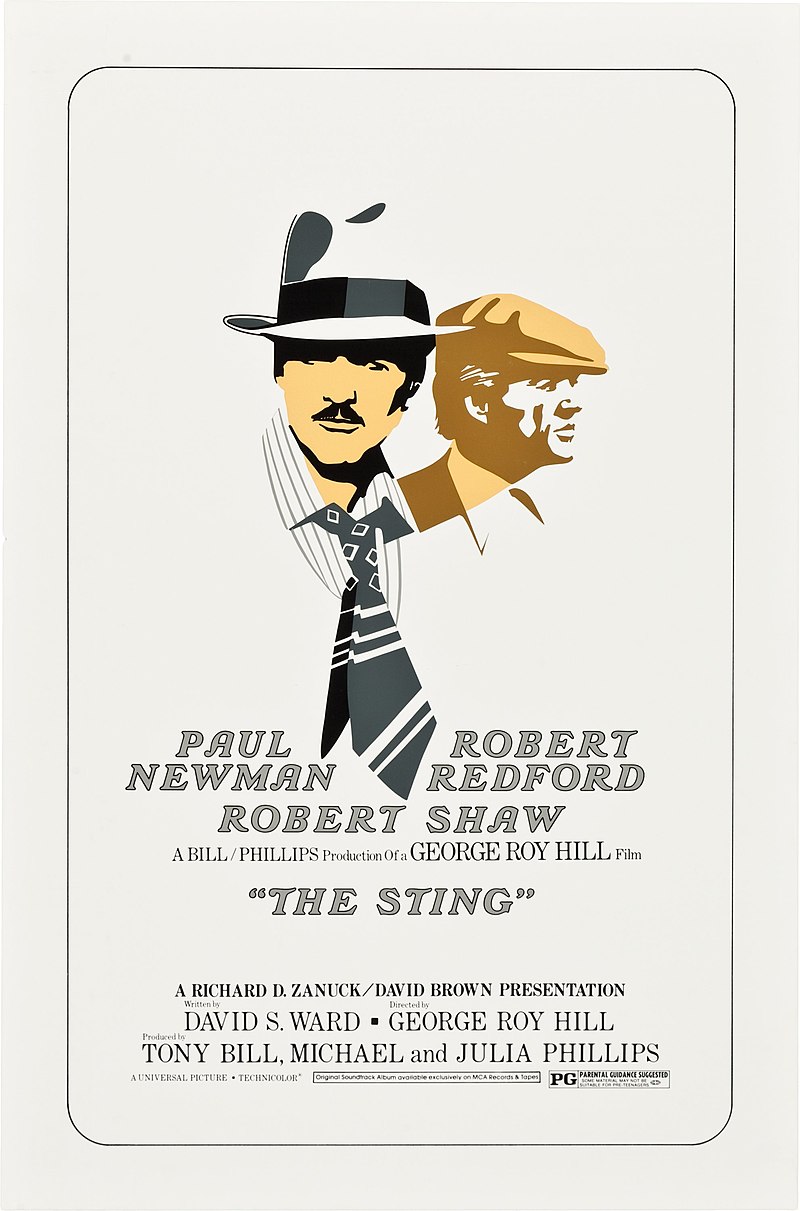
Ragtime 8
As a collective name for a broad musical mix, ragtime faded from the scene during the 1920s. However, as solo piano repertory exemplified by Joplin's works, ragtime experienced a revival with the 1950 appearance of Rudy Blesh and Harriett Janis's study, "They All Played Ragtime." Drawing extensively from interviews with composers and performers, Blesh and Janis dealt with the solo piano aspect of ragtime. They emphasized Joplin's centrality to the genre as well as the music's uniquely American heritage. Important recordings and editions of Joplin's works appeared in the 1970s and 1980s. These include Joshua Rifkin's Nonesuch album of 1971, and Vera Brodsky Lawrence's collected edition of 1981, coinciding, and to some extent fostering music scholars' growing interest in ragtime's musical and social meanings within American and African American history.
This interest was evident in works such as Edward A. Berlin's 1980 study Ragtime: A Musical and Cultural History and his later biography of Joplin (1994), Charles Hamm's work on Irving Berlin (1997), and Samuel A. Floyd's work, culminating in his The Power of Black Music (1995). In addition, the film score to the 1973 movie The Sting, starring Paul Newman and Robert Redford, played a crucial part in the renewal of Joplin's popularity and status. Furthermore, despite suggesting a connection between the music and seemingly illicit activities, it removed any overt links with ragtime's often controversial racial heritage.







